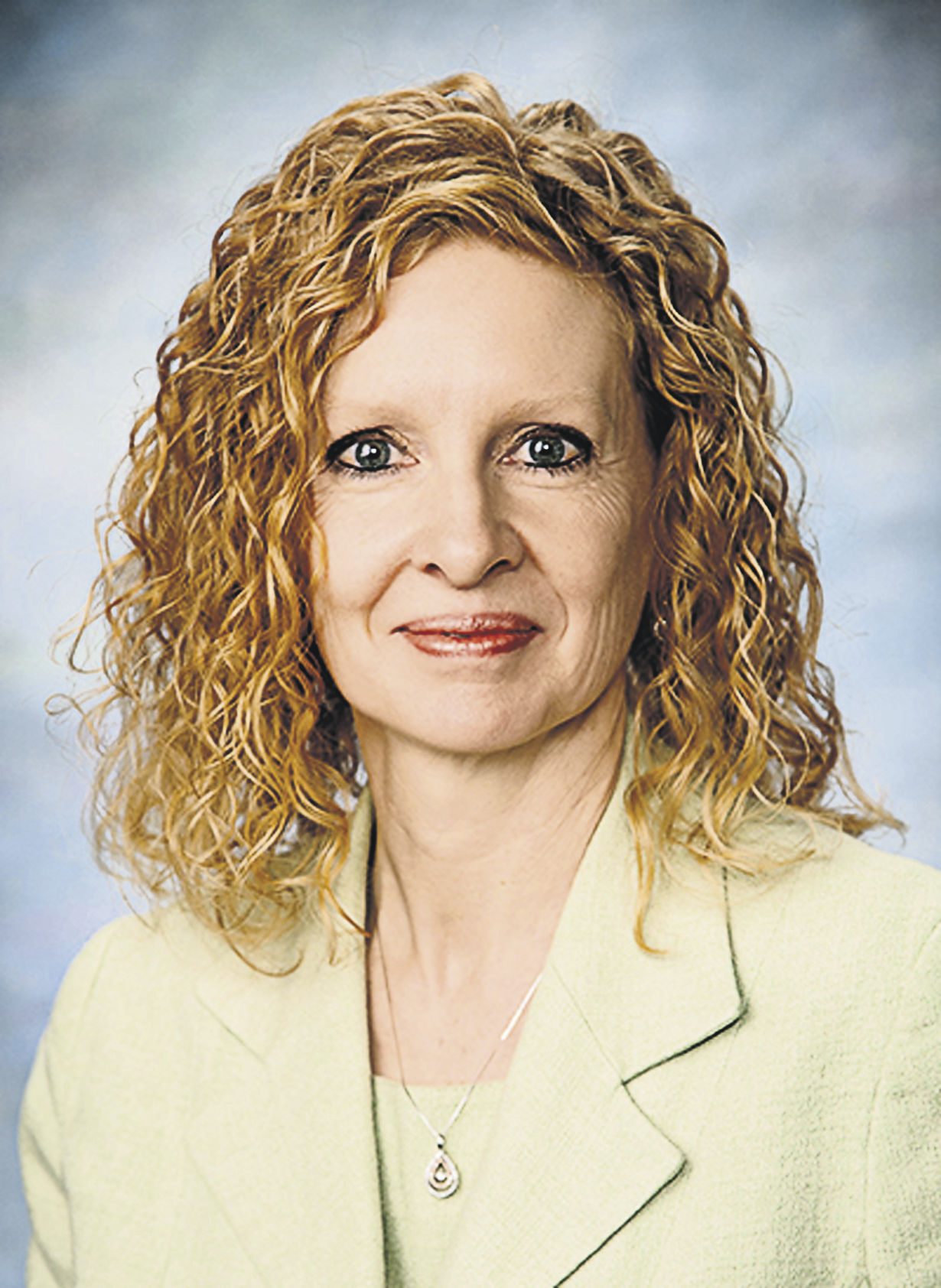The inaccessibility to affordable, high-quality child care remains one of the greatest barriers to workforce development, according to Dubuque child care resource professionals and economic leaders.
They highlighted its role as a component of economic infrastructure during a presentation to City Council members this week.
“If I know I can put my child somewhere safe and enriching, I’m a better employee,” said Dubuque Economic Development Director Jill Connors. “Who is going to be in our workforce in 25 years from now? It’s the kids that are in child care right now, and we want them to be as successful as possible.”
Access is crucial for business recruitment, expansion and retention, said Rick Dickinson, president and CEO of Greater Dubuque Development Corp. Economic planners must be able to direct prospective workers to a location where they can obtain it.
“Whether you’re that single-parent head of household living in poverty or a successful physician looking for that new opportunity, child care is among the principal issues we have to address,” he said.
The number of registered child care programs in Dubuque County fell from 192 in 2015 to 155 in 2020. Meanwhile, the number of children from families with all parents employed increased 10% over the same period.
The dearth of child care options in the county predated the COVID-19 pandemic, but the consequences of those conditions were illustrated as parents left the workforce during economic and school shutdowns.
The responsibilities most often fell on women’s shoulders. Nationally, a net total of 2.1 million women and 1.7 million men left the labor force in 2020, according to the U.S. Bureau of Labor Statistics.
Even after businesses and schools reopened, many mothers opted to remain at home, with considerations such as occupational safety and the expense of child care factoring into their decisions.
Cost affects both consumers and providers, said Abigail Degenhardt, executive director of Dubuque County Early Childhood.
The average registered home child care provider in Dubuque County charged $146.70 per week for infant care, while licensed centers charged $204.63, according to 2020 data from Iowa Child Care Resource & Referral.
Meanwhile, Degenhardt said, in order to turn a profit, providers pay low wages, which contributes to a staff turnover rate of 60% to 94%.
In Dubuque, the median wage for child care workers is $9.13 per hour.
“If we want quality providers with our young children … we need to think about how we are going to pay these people,” she said.
Stakeholders are hopeful that federal and state funding, such as the expanded child tax credit, will improve conditions.
Earlier this year, Iowa lawmakers also took aim at eliminating the “fiscal cliff effect,” a phenomenon in which parents lose health and child care subsidies if their household income exceeded 145% of the federal poverty rate, which disincentivized low-wage earners from seeking raises or more highly paid employment.
State law was adjusted to enable workers to increase their income up to 275% of the federal guidelines before losing their benefits.
A coalition of Dubuque-area stakeholders for several years has studied and implemented solutions aimed at mitigating barriers.
Within the past year, DCEC provided 10 new in-home child care providers with start-up grants in the amount of $5,000, resulting in the creation of 68 new full-time spaces.
GDDC helped launch a child care certificate program within Northeast Iowa Community College’s existing workforce training program, Opportunity Dubuque.
During the 2020-2021 fiscal year, eight students completed the child care certificate program, and three have enrolled during the current fiscal year.
For students who are unable to locate other sources of financial support, the program also offers free child care while students are trained and offsets child care expenses for up to 12 months after participants are hired.
Of the 82 parents who have been eligible for such assistance, 20 have utilized it during their training.
Stakeholders also are investigating the feasibility of creating a child care center on Dubuque’s west side and locating funding for expansions to existing facilities.



